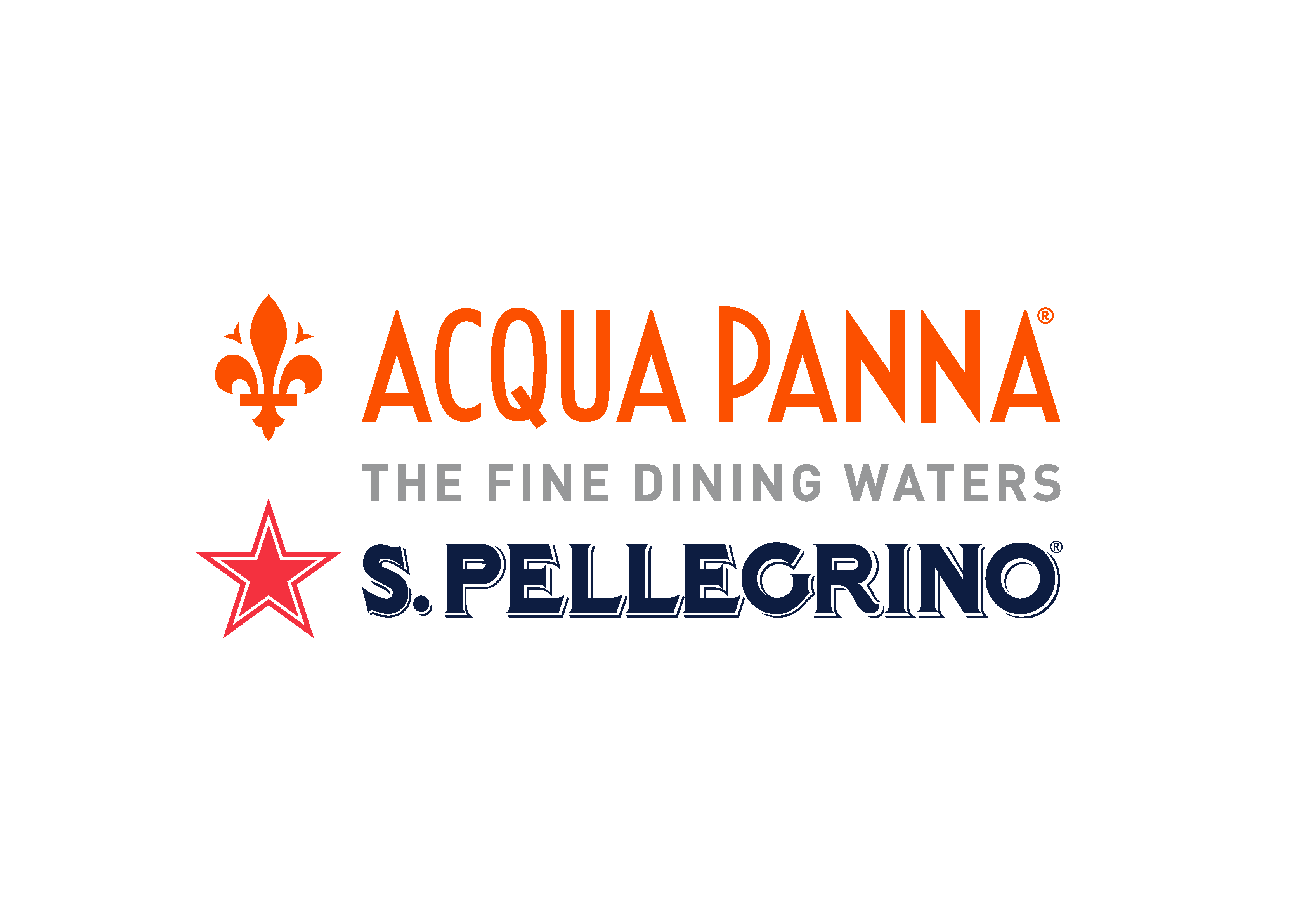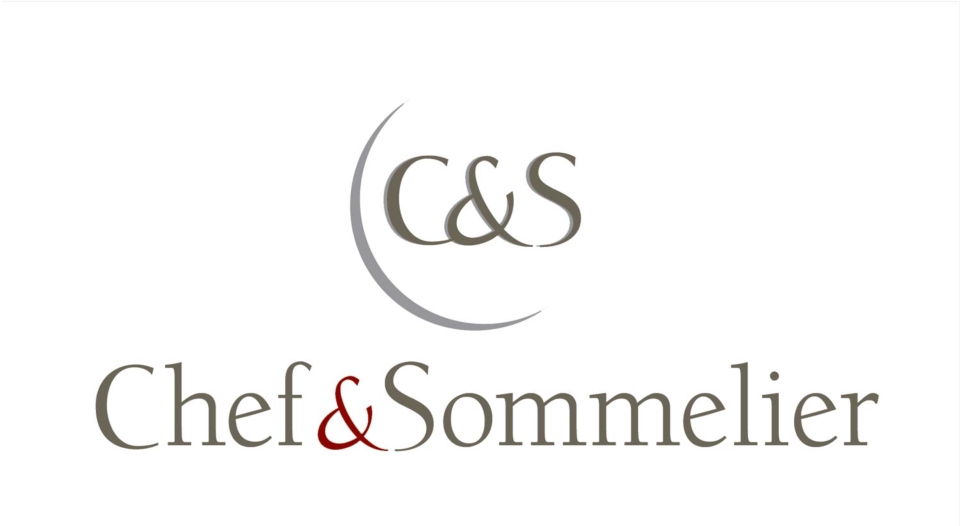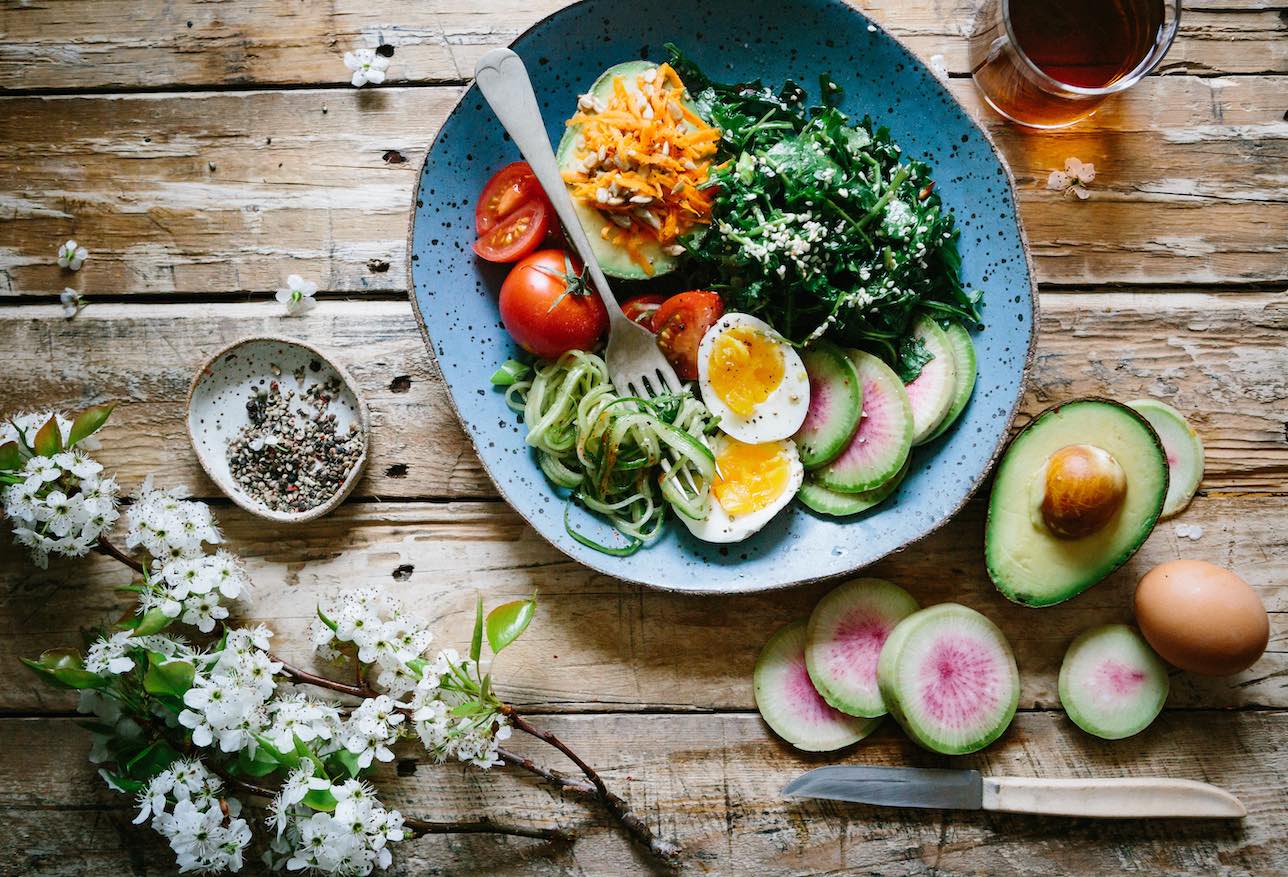Experts recommend limiting the consumption of salt, sugar, and fat
A healthy and balanced diet is one of the keys to staying healthy. Though there still haven’t been any studies done to determine the best dietary habits to protect against Coronavirus, we know that there are certain foods that promote a healthy and resistant immune system.
The following dietary recommendations won’t be able to cure you from COVID-19, nor will they eliminate the possibility of becoming infected. However, the positive effects that they can have on the immune system are important when it comes to preventing and fighting viruses. At the same time, there are certain foods that it is better to avoid.
Foods to Eat on a Daily Basis
Anti-Inflammatory Foods
One of the best measures that we can take to strengthen the immune system is to reduce inflammation. Inflammation is the body’s natural response to viruses and infections, but chronic inflammation can be dangerous. According to the NIH, obesity is a risk factor for coronavirus patients, in part because of the chronic inflammation that is caused by excess weight.
That’s why the including anti-inflammatory foods into your diet can help you stay healthy and fight against the virus. Harvard University states that some helpful foods in this respect are onions, turmeric, berries, and kale.
Furthermore, it has been shown that consuming high levels of Omega-3 fatty acids has the capacity to decrease inflammation, so try to eat more walnuts, chia seeds, olive oil, and fatty fish like salmon, sardines, and mackerel.
Probiotics
Fermented foods contain high levels of probiotics, which are good bacteria that create a strong and healthy immune system. The University of Nebraska recommends consuming foods rich in probiotics like yogurt, kefir, sauerkraut, miso, and kombucha. Fermented foods also have the ability to treat digestive problems.
Vitaminas (A, C, and E)
Upping our vitamin consumption is a very effective strategy when it comes to combatting viruses. Specifically, the University of California-Davis recommends that we consume more foods that contain Vitamins A, C, and E. Vitamin A helps with the healthy functioning of the respiratory system, one of the parts of the body most affected by Coronavirus, and can be found in carrots, sweet potatoes, spinach, broccoli, and bell peppers.
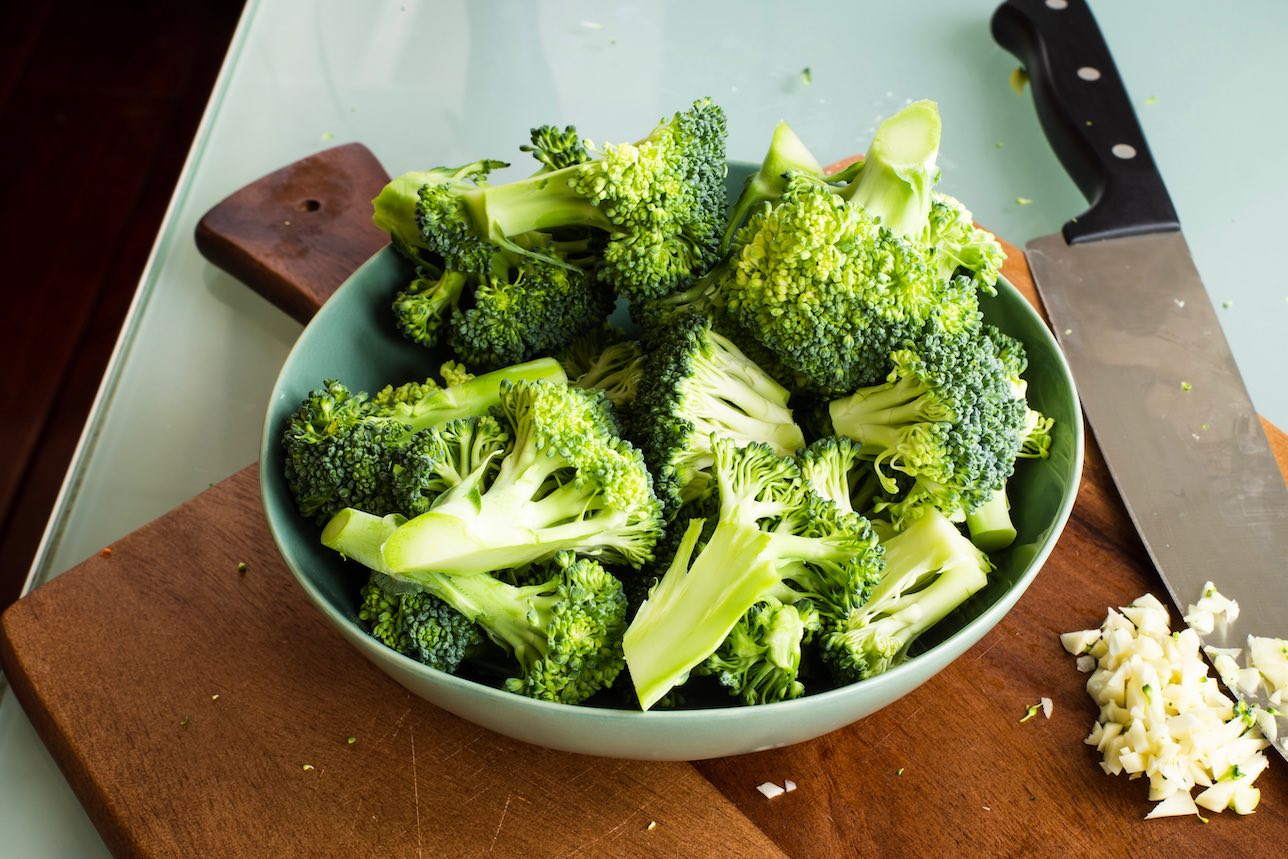
Vitamin C helps to stimulate the creation of antibodies and is found in high concentrations in citrus fruits, strawberries, and kiwi. Finally, Vitamin E works in the body as an antioxidant, and to up our consumption we should eat more nuts, seeds, and avocado.
Foods to Avoid
Salt
As mentioned above, inflammation can be a risk factor when it comes to the severity of the virus, and the excess consumption of salt can aggravate the inflammation of blood vessels. The World Health Organization recommends that we consume less than five grams of salt daily, something that can be achieved by preparing and consuming fresh foods.
Sugar
Minimizing our sugar consumption can also help to reduce inflammation. Oftentimes, foods made of simple sugars only offer empty calories, meaning that they don’t provide any nutritional value. Additionally, the American Journal of Clinical Nutrition avises that processed sugar can increase the secretion of cytokines, in turn causing inflammation.
If we feel like eating something sweet, we should try and turn to fruit instead of eating food processed with high levels of refined sugar.
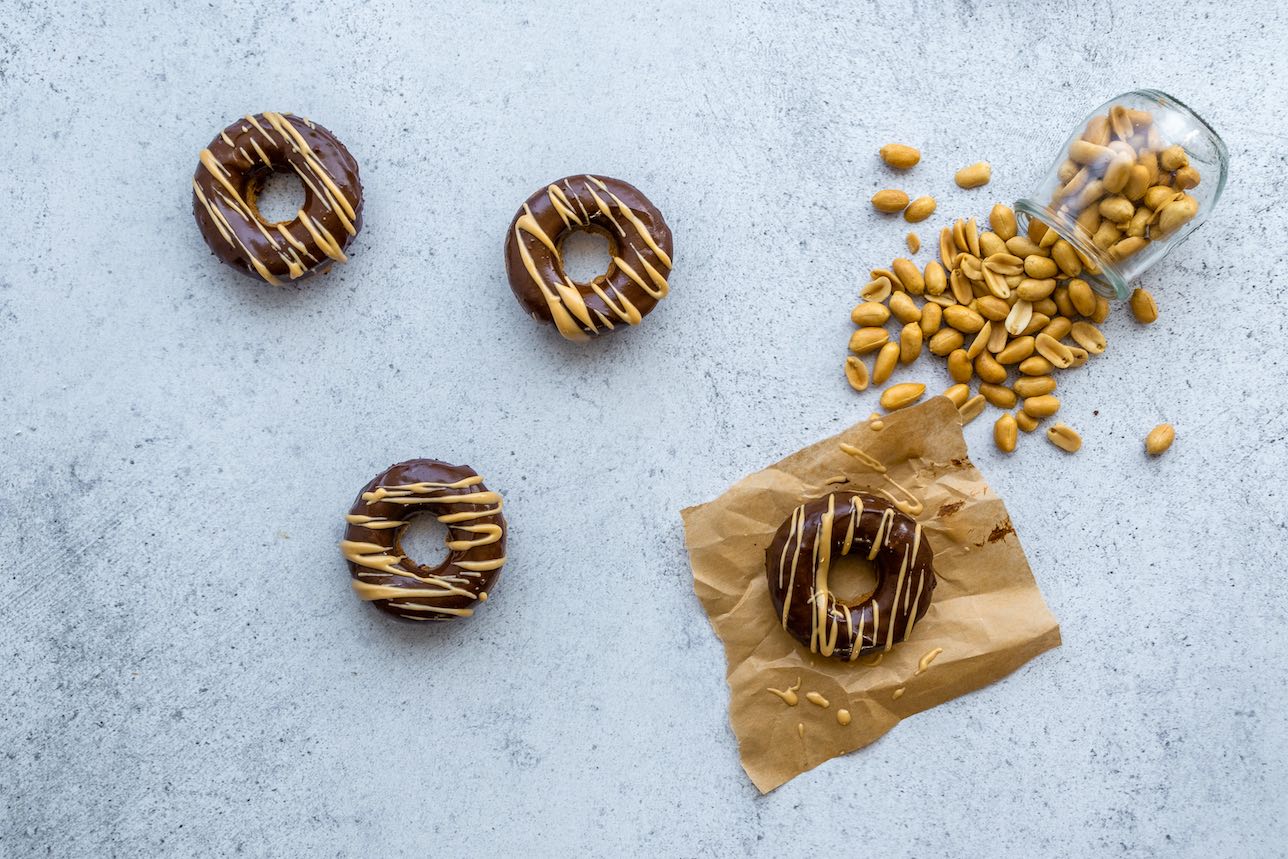
Fat
Fats, specifically saturated fats, are another element that can increase inflammation, given that saturated fats cause inflammation of the fatty tissues. Therefore, consumption of saturated fats shouldn’t exceed 10% of our daily caloric intake. Instead of eating saturated fats, which are found in cheese and red meats, our fat consumption should be based on healthier fats, like eggs, fatty fish, nuts, and avocado.
There still aren’t any official recommendations when it comes to designing a diet to protect us against COVID-19. However, we can follow these guidelines to strengthen our immune system.
Read about the guidelines to ensure your health and security during family gatherings here.
